American Democratic Capitalism
Explore the intersection of theory and practice in our national politics, and particularly in our key economic debates.
Summer 2011
Washington, DC
Throughout the debate over the Patient Protection and Affordable Care Act, the word “historic” was constantly on the lips of the bill’s champions, and the notion that the bill was the latest in a long line of consistent forward steps was everywhere in the air. President Obama, when signing the measure, described it as the culmination of “almost a century of trying,” and said the law contained “reforms that generations of Americans have fought for and marched for and hungered to see.” As House Speaker Nancy Pelosi called the final vote to a close, she used the same gavel that had been used when the House voted to enact the Medicare and Medicaid programs in 1965, to emphasize the point that these were all elements of one large project.
But Pelosi’s chosen symbol stood for more than she intended. While the enactment of the two massive health-care entitlements of the Great Society period may have represented the peak of social-democratic activism in America, those two entitlements now also represent the failure of the social-democratic vision in practice. They have grown so unwieldy and expensive as to be thoroughly unsustainable, and in the process have helped inflate costs in the broader health-care sector in ways that now imperil the nation’s fiscal future. The new health-care entitlement promises to do more of the same, and thus to place even further stress on the crumbling foundations of our welfare state.
In this seminar, students will examine the theoretical roots and foundations of social welfare policy, and explore government’s role in the health sector—with a view toward answering the question: How do we balance our aspirations to prosperity and virtue and build a thriving society that makes its wealth and promise accessible to all?
Yuval Levin on Health care in a Liberal Democracy
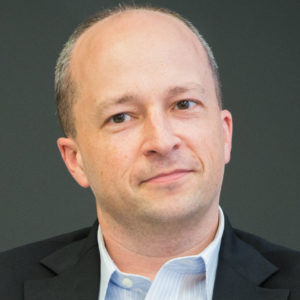
Yuval Levin is a Resident Scholar and Director of Social, Cultural, and Constitutional Studies at the American Enterprise Institute and the Editor of National Affairs magazine. Mr. Levin served on the White House domestic policy staff under President George W. Bush.

Yuval Levin is a Resident Scholar and Director of Social, Cultural, and Constitutional Studies at the American Enterprise Institute (AEI) and the founding Editor of National Affairs magazine. Prior to joining AEI, he was Vice President of the Ethics and Public Policy Center and EPPC’s Hertog Fellow.
He is a Contributing Editor of National Review and The Weekly Standard and a Senior Editor of EPPC’s journal The New Atlantis. Author and editor of numerous books, including The Great Debate: Edmund Burke, Thomas Paine, and the Birth of Right and Left (2013), The Fractured Republic: Renewing America’s Social Contract in the Age of Individualism (2016), and he most recently published A Time to Build: From Family and Community to Congress and the Campus, How Recommitting to Our Institutions Can Revive the American Dream (2020). His essays and articles have appeared in numerous publications including The New York Times, The Washington Post, The Wall Street Journal, Commentary, and others.
Before joining EPPC, Mr. Levin served on the White House domestic policy staff under President George W. Bush. He has also been Executive Director of the President’s Council on Bioethics and a congressional staffer. He holds a B.A. from American University and a Ph.D. from the University of Chicago. He is a recipient of a 2013 Bradley Prize for intellectual achievement.
Readings:
Discussion Questions:
Readings:
Discussion Questions:
Readings:
Discussion Questions:
Readings:
Discussion Questions:
Readings:
Discussion Questions:

Yuval Levin
Yuval Levin is a Resident Scholar and Director of Social, Cultural, and Constitutional Studies at the American Enterprise Institute and the Editor of National Affairs magazine. Mr. Levin served on the White House domestic policy staff under President George W. Bush.
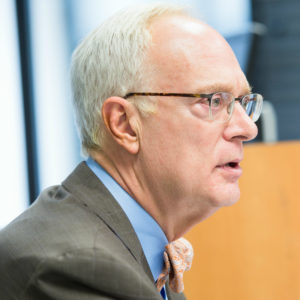
Christopher DeMuth
Christopher DeMuth is a Distinguished Fellow at the Hudson Institute in Washington, D.C. He was President of the American Enterprise Institute for Public Policy Research from 1986–2008 and D.C. Searle Senior Fellow at AEI from 2008–2011.

Diana Schaub
Diana J. Schaub is Professor of Political Science at Loyola University Maryland and a member of the Hoover Institution’s task force on The Virtues of a Free Society. From 2004 to 2009 she was a member of the President’s Council on Bioethics.
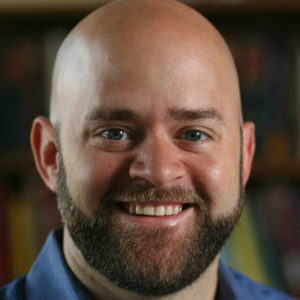
Carter Snead
Carter Snead is internationally recognized as a leading expert in public bioethics. His research explores issues relating to neuroethics, enhancement, stem cell research, abortion, and end-of-life decision-making. He is also the editor of two book series for the University of Notre Dame Press – “Catholic Ideas for a Secular World,” and “Notre Dame Studies in Medical Ethics.”
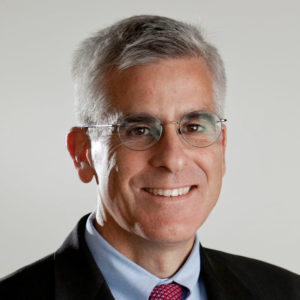
James C. Capretta
James C. Capretta is a Resident Fellow and holds the Milton Friedman Chair at the American Enterprise Institute, where he studies health care, entitlement, and US budgetary policy, as well as global trends in aging, health, and retirement programs. Mr. Capretta spent more than 16 years in public service.
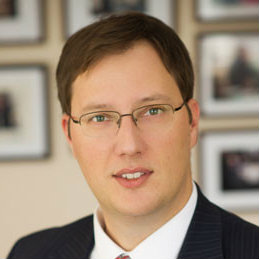
Adam J. White
Adam J. White is a Resident Scholar at the American Enterprise Institute, and an Assistant Professor at George Mason University’s Antonin Scalia Law School, where he also directs the Gray Center for the Study of the Administrative State at George Mason University’s Antonin Scalia Law School.